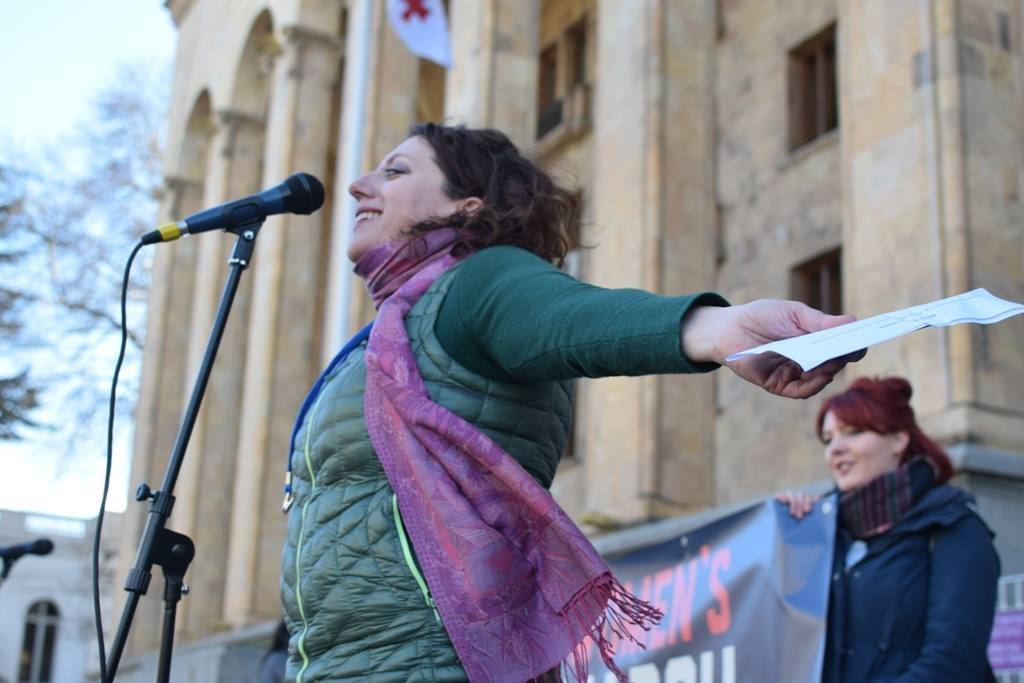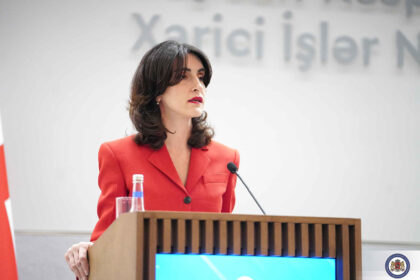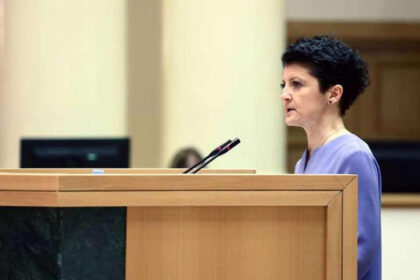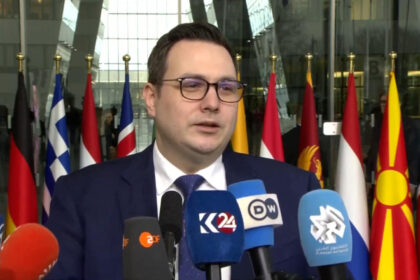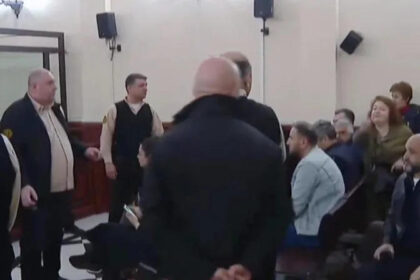**Former US Diplomat Blocked from Entering Georgia**
Maggie Osdoby Katz, a well-known figure in Georgian politics and civic life, has been denied entry to the country. This incident is part of a growing pattern of border rejections targeting activists, journalists, and human rights defenders.
According to Katz’s Facebook post on July 12, she was told by border authorities to leave Georgia without being given any reason for the rejection. The explanation provided was simply “other” – likely referring to a vague clause in Georgian legislation that has been used to deny entry to similar individuals in the past.
Katz had lived and worked in Tbilisi for many years as a political and civic consultant, and had even launched an independent fundraising campaign to support local NGOs after USAID halted its funding. Her efforts raised over $10,000, which was distributed among three organizations.
This latest incident is not isolated. Over the past year, there have been several similar cases of individuals being denied entry to Georgia. In May, a sitting EU diplomat was refused entry at the border, citing a “technical problem”. Others who have faced rejection include activists and journalists who had lived in the country for years and alleged that their political criticism of the Georgian Dream government was behind their rejection.
The Polish and French embassies in Georgia have even advised their citizens to consider factors such as participation in protests and social media activity before traveling to the country, suggesting that these activities may be seen as a risk for entry denial.
These incidents raise serious concerns about the freedom of movement and expression in Georgia. As a country seeking closer ties with Europe and the international community, it is essential that Georgia upholds its commitments to democratic values and human rights.
**What’s Behind These Rejections?**
The Georgian Dream government has been accused of using these border rejections as a means to silence critics and suppress dissenting voices. By denying entry to individuals who have spoken out against their policies or actions, the government may be trying to stifle debate and maintain its control over public discourse.
As civil society organizations and human rights defenders continue to push for greater transparency and accountability in Georgia, these rejections serve as a reminder of the challenges they face. The international community must remain vigilant and hold Georgia’s authorities accountable for upholding the fundamental freedoms that are essential for a democratic society.
Read More @ civil.ge




